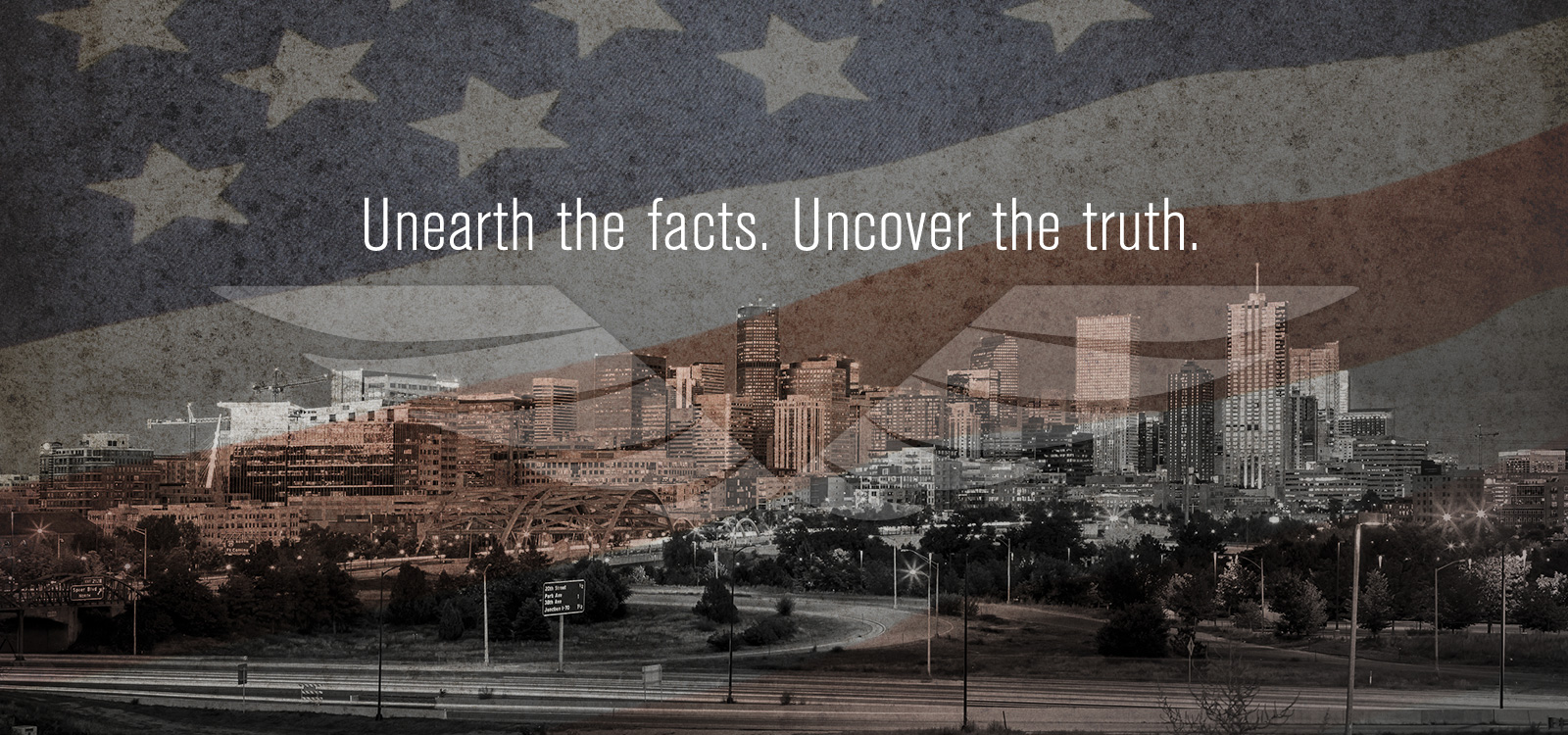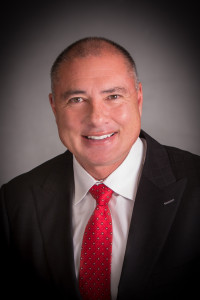
Employers Use PIs To Prove Employees Didn’t Get COVID-19 At Work
September 22, 2020 | By Julie Watts | Originally published on CBS13 Sacramento —
Contract tracers aren’t the only ones tracking where you got coronavirus. A local private investigator is using social media and public records to help employers prove their employees didn’t get COVID-19 at work.
From grocery stores to restaurants, there is no shortage of jobs, or places, where people might be exposed to coronavirus. A new law intended to protect California workers now classifies COVID-19 as an “injury” under workers’ compensation if you contracted it within 14 days of an outbreak at work. An outbreak is defined as four employees with COVID-19 for a small business (under 100 employees) or 4% of all employees at a larger business (more than 100 employees).
The law assumes people contracted the virus at work unless their employer can prove otherwise and that’s where private investigator Chris Champlin comes in.
“There is a lot of information out there that people love to put on social media,” Champlin explained.
Through public records and social media sleuthing, it’s his job to identify where else you might have been exposed.
“Protests, the large gatherings, if you were there or a friend of a friend was there, we can identify that on social media,” Champlin said.
“More people are dining out, they’re taking pictures or checking in at a restaurant,” Champlin said.
In light of a new CDC report that finds people who tested positive for coronavirus were twice as likely to have eaten at a restaurant, food selfies are now a red flag.
CBS13 asked Champlin what he would say to people who might criticize him for protecting businesses at the expense of employees.
“Well, right now, a lot of businesses are failing because of the shutdowns,” Champlain said.
He says many are taking precautions and following the guidelines, and workers’ comp claims can be costly for small businesses.
Because COVID-19 could lead to long-term health issues, like lung or heart problems, the claims can be ongoing, which is why his searches go beyond virus exposure.
“Are they a smoker? Do they have prior respiratory conditions?” Champlain said. “You’re on the hook for that under these new California guidelines for long term care or future medical benefits. So if we can preserve information right now, that might help in the future. That’s what’s critical.”
Champlain provided this list of questions he recommends employers ask staff if they get coronavirus which could also be useful for employees to review.

